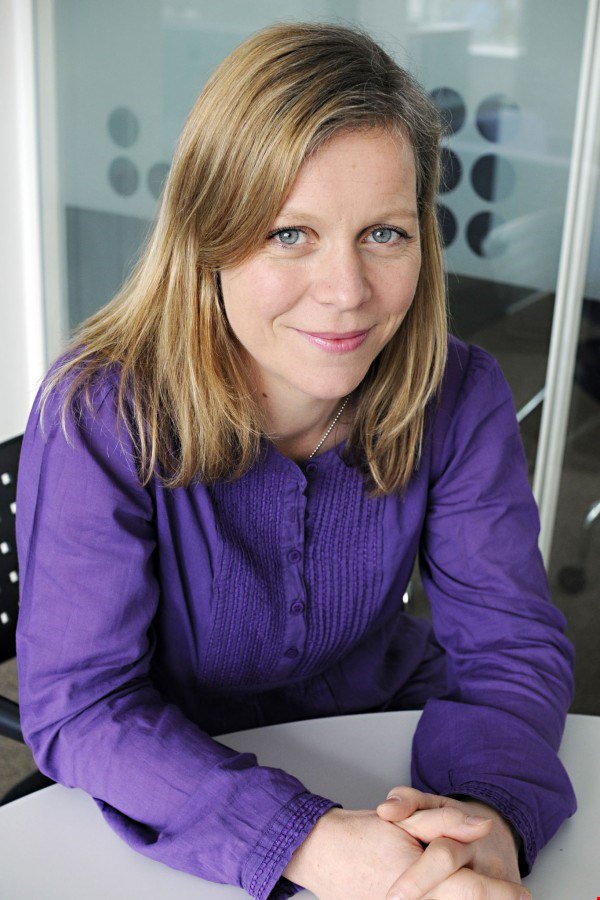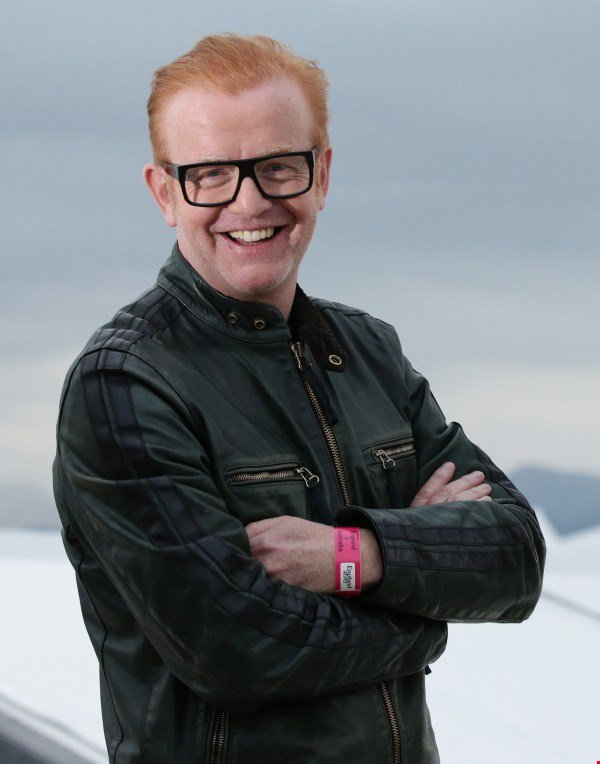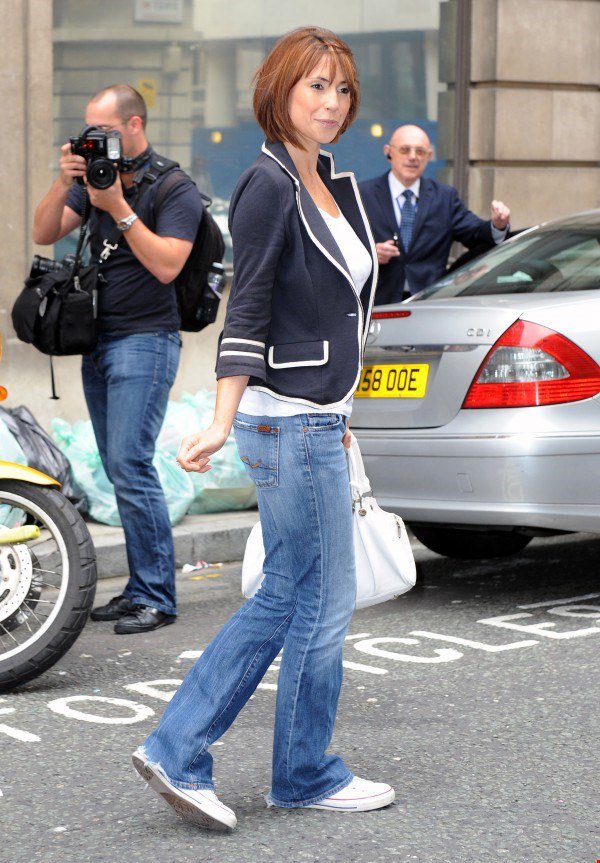It is not in the interest of licence fee payers for the BBC to reveal how much its top talent is paid, the controller of the broadcaster’s channels has said.
The BBC does not currently identify any of its top-earning stars – thought to include Chris Evans, Gary Lineker and Graham Norton, but will have to name on-screen talent earning more than £450,000 under plans outlined in the Government’s BBC white paper.
Speaking at the Edinburgh TV Festival, Charlotte Moore, who is also the controller of iPlayer, said: “We know that our audience expects to have some of the best talent on BBC One.

“Of course we also know we can’t pay as much as other broadcasters, that is reality. Of course we can’t, but talent enjoy working with us because of the creative freedom and the range of what they can do.
“I genuinely think it’s not in the interest of licence fee payers that we do reveal talent fees, I think it will only drive talent fees up.
“We are already very transparent about a lot of the BBC, but talent fees is a difficult one.
“The outcome of it could be talent fees go up if everyone knows what everyone is paid because they will want to be paid that. It is an incredibly complex situation.
“But if the government and Ofcom regulate that we have to do that, then we will have to.

“It’s not always up to the BBC how much we pay them if it’s an indie production company, it’s a complex area.”
Ms Moore touted the triumphs of BBC shows such as The Night Manager, Great British Bake Off, Strictly Come Dancing and Peter Kay’s Car Share at the festival – but refused to be drawn on reports that the BBC could lose the broadcasting rights to the popular baking show, which will return to BBC One tonight.
She said: “I would never talk about negotiations publicly but it’s safe to say Bake Off tonight is absolutely at the top of its game.
“It’s riveting, with a fantastic cast, and I can’t wait for everyone to enjoy it.
“Being able to bring a series back and know you’re growing it and moving it with the times is really important.”
On losing singing show The Voice to ITV, she said: “It was very sad to lose The Voice but when it went it created creative headroom.

“It’s really difficult to decide what you are going to bring back and when something moves on you get on with creating new shows.”
Asked if the reboot of old shows such as Porridge meant there were no new ideas in television, she said: “I think TV and film have always looked at things that have gone before.
“Poldark is fabulous and is based on a novel. Nobody would say that was a retro, wrong thing to do.”
Ms Moore said the BBC would continue to strive for diversity both on and off the screen, saying: “When we say diversity, we mean it in every sense, including social class.
“This is an industry-wide issue and if we don’t champion it from the top then I think we will be failing.
“I don’t think the same solution fits all, but we are representing the regions and the nations and it’s a continual evolution.
“We are living in an increasingly diverse society, it’s important BBC One feels relevant to them.”

Talking about the perception that the BBC remains overwhelmingly white, middle-class and male, she said: “I would hope in the last two years people would see that has changed.
“We have changed the diversity of the contributors and presenters.
“We have increased our voices, The One Show has done a fantastic job of giving chances to new talent. We have diverse faces on The Antiques Roadshow.
“We have a lot more to do, but I do think we are making real inroads. We have those conversations at every commissioning meeting of ‘Are we just putting the same person in the job?’”






